Weather is everywhere, shaping our world. It gives us many ways to talk about it in English, showing the rich variety of the language and the different ways people use it. Here we are showing some of the best phrases that you can use to discuss weather conditions. By looking at these unique ways to talk about the weather, we see not just a range of words, but how these words evolve and meet the needs of the people who use them.
Everyday Weather Vocabulary in English
Phrases for Sunny Weather
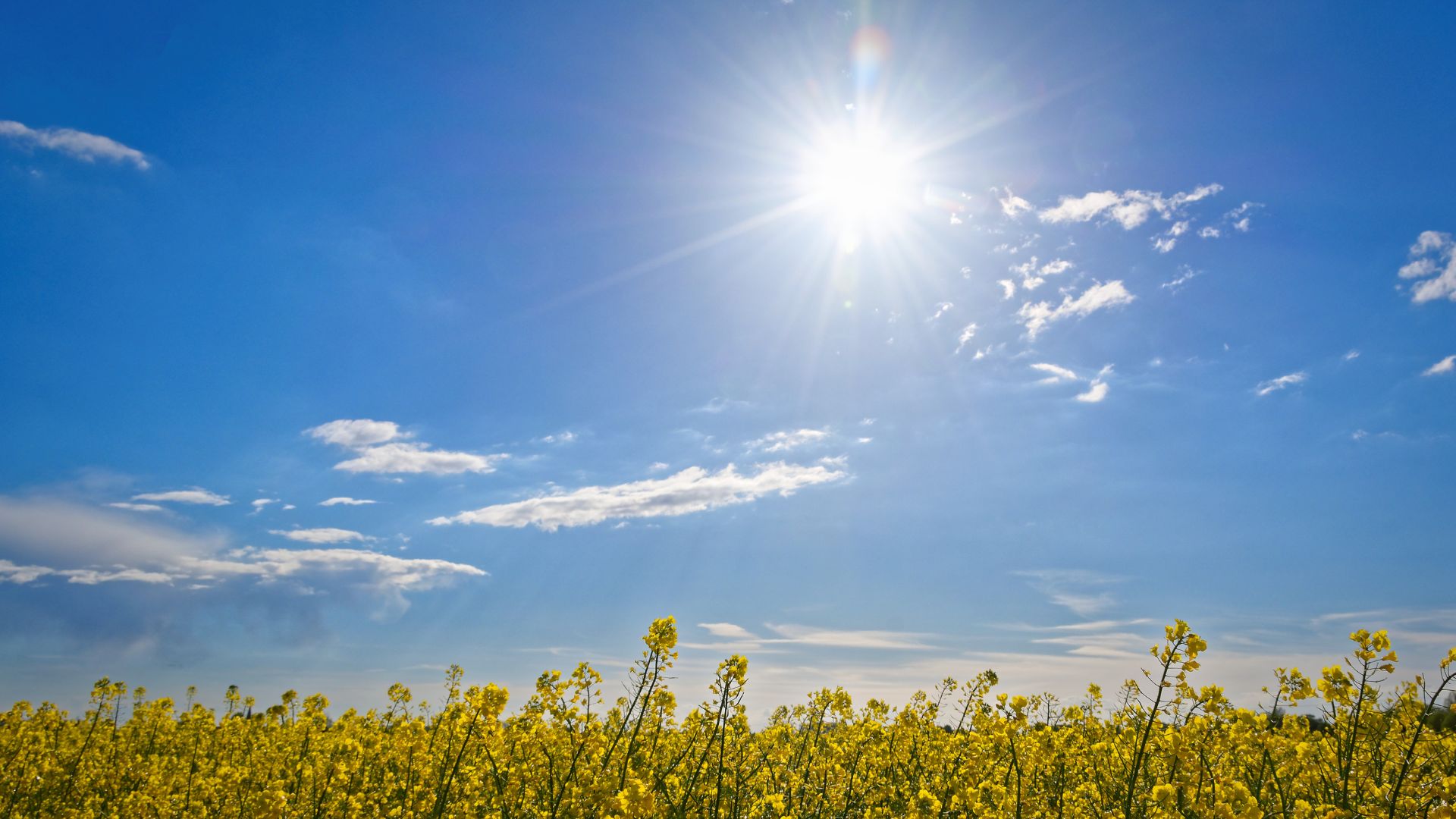
Sunny days make us happy and give us lots of chances to be outside. The sky is clear and the sun is bright, making everything easy to see. This is perfect for taking photos, playing sports, or just going for a walk.
When talking about this kind of weather, you might hear someone say, ‘It’s a beautiful day without a single cloud,’ or, ‘The sun is so bright—great for a picnic.’ When it’s sunny, it usually gets warmer. You might say, ‘It’s pretty warm out, ideal for the beach,’ or simply, ‘It’s hot!’
- The sun is shining bright and clear.
- It’s a perfect day to soak up some sun.
- The sky is a brilliant blue with no clouds in sight.
- The warmth of the sun feels incredible.
- It’s a sun-drenched afternoon.
- The golden rays are lighting up the day.
- The sun is beaming down with full force.
- Sunshine is kissing every surface.
- The day is basking in the sunlight.
- The weather is gloriously sunny.
- The sun’s warmth is embracing the earth.
- The brightness of the day is unmatched.
- The sun is painting the day with light.
- A sunlit day is perfect for outdoor fun.
- The golden glow of the sun is everywhere.
- The sun is out and shining its best.
- The day is radiant with sunshine.
- Sunbeams are dancing across the ground.
- The weather is perfect for a sunny stroll.
- The sunshine is filling the air with warmth.
Phrases for Cloudy Weather
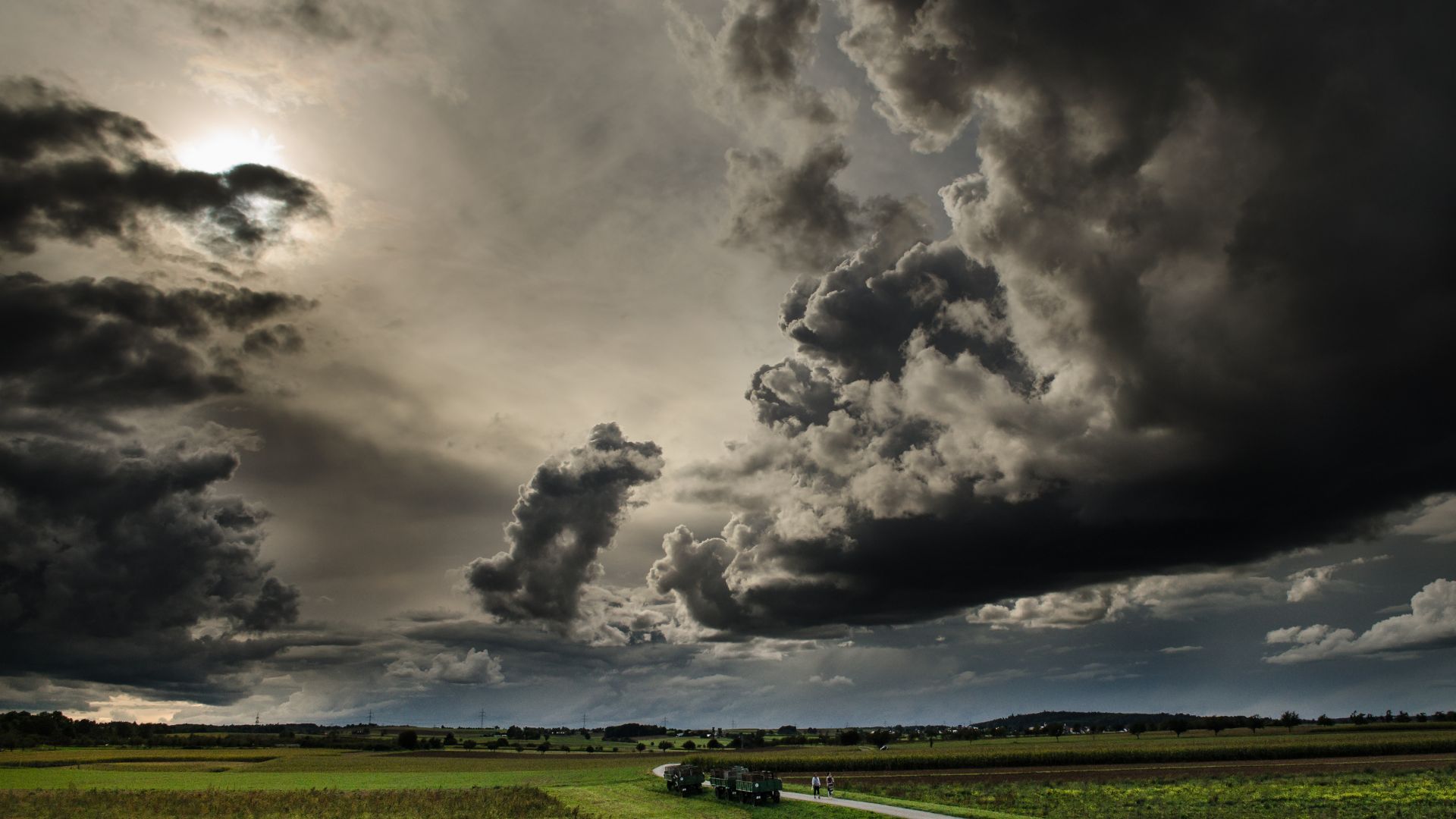
Cloudy days mean soft light and a hidden sun behind a gray blanket. The sky looks the same everywhere, just gray, and it dims everything a bit. When it’s like this, we say it’s overcast because thick clouds cover up any blue sky.
It often feels a bit colder, doesn’t it? People might say, ‘The sky is grey’ or ‘it’s a gloomy day’ to describe the mood. It might not be raining, but it feels like it could start any minute.
- The sky is blanketed with thick clouds.
- Gray clouds hover overhead.
- The day is overcast and gloomy.
- Clouds are crowding the sky.
- The sun is hidden behind a veil of clouds.
- The sky is a dull shade of gray.
- It’s a cloud-covered afternoon.
- A canopy of clouds stretches across the horizon.
- The sky is heavy with clouds.
- The clouds are rolling in thick and fast.
- A cloudy day brings a quiet calm.
- The sky is painted with shades of gray.
- Clouds drift lazily across the sky.
- The weather is murky and gray.
- The day is shrouded in a cloud cover.
- A blanket of clouds keeps the sun at bay.
- The sky is a patchwork of clouds.
- The clouds are hanging low and heavy.
- A dreary, cloud-filled day.
- The sky is swathed in layers of clouds.
Also Check: How To Tell Time In English
Phrases for Rainy weather
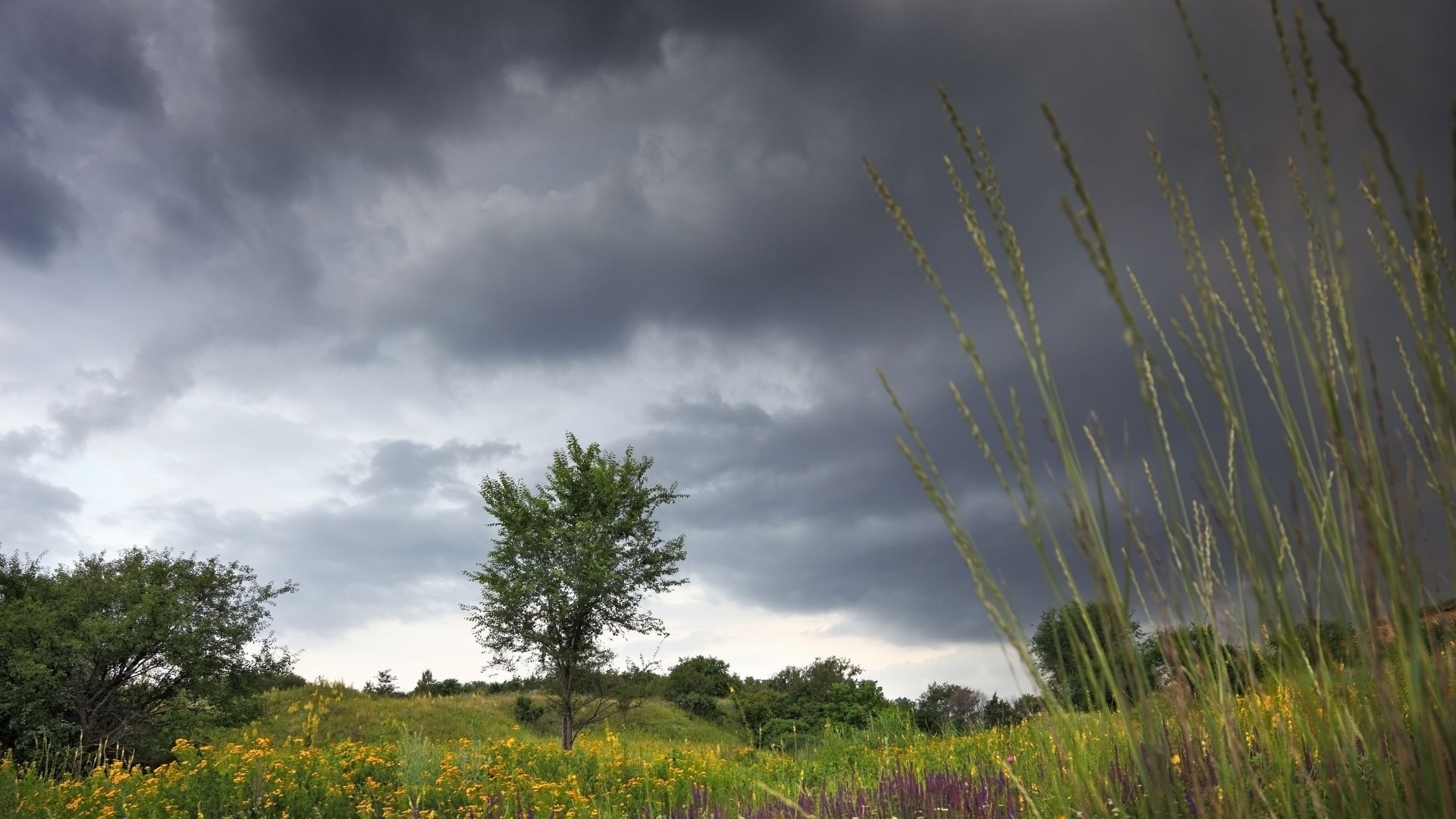
Rainy days cover everything in a wet blanket, changing how we see and hear the world. You’ll hear rain hitting all kinds of surfaces. The rain might be light or heavy. We say things like ‘it’s pouring,’ ‘there are light showers,’ or ‘it’s just a drizzle’ to describe how much it’s raining.
The mood often feels gloomy or refreshing, depending on how you see it. For some, the sound of rain hitting the roof and windows is calming. For others, it’s annoying, especially when dark clouds stack up in the sky.
- Raindrops are tapping on the window.
- It’s raining cats and dogs outside.
- The sky is weeping with heavy rain.
- Rain is drumming a steady beat on the roof.
- The day is drenched with rain.
- Raindrops are dancing on the pavement.
- The streets are slick with rainwater.
- The sound of rain is soothing and constant.
- The rain is falling in a steady downpour.
- Umbrellas are blooming like flowers in the rain.
- The sky is a curtain of falling rain.
- It’s a wet and rainy afternoon.
- The rain is washing the world clean.
- Puddles are forming on the ground.
- The air is fresh with the scent of rain.
- The rain is cascading from the sky.
- The day is cloaked in a rainy haze.
- Rain is splashing against the windowpanes.
- It’s a perfect day to stay indoors and watch the rain.
- The world outside is soaked in rain.
Phrases for Snowy Weather
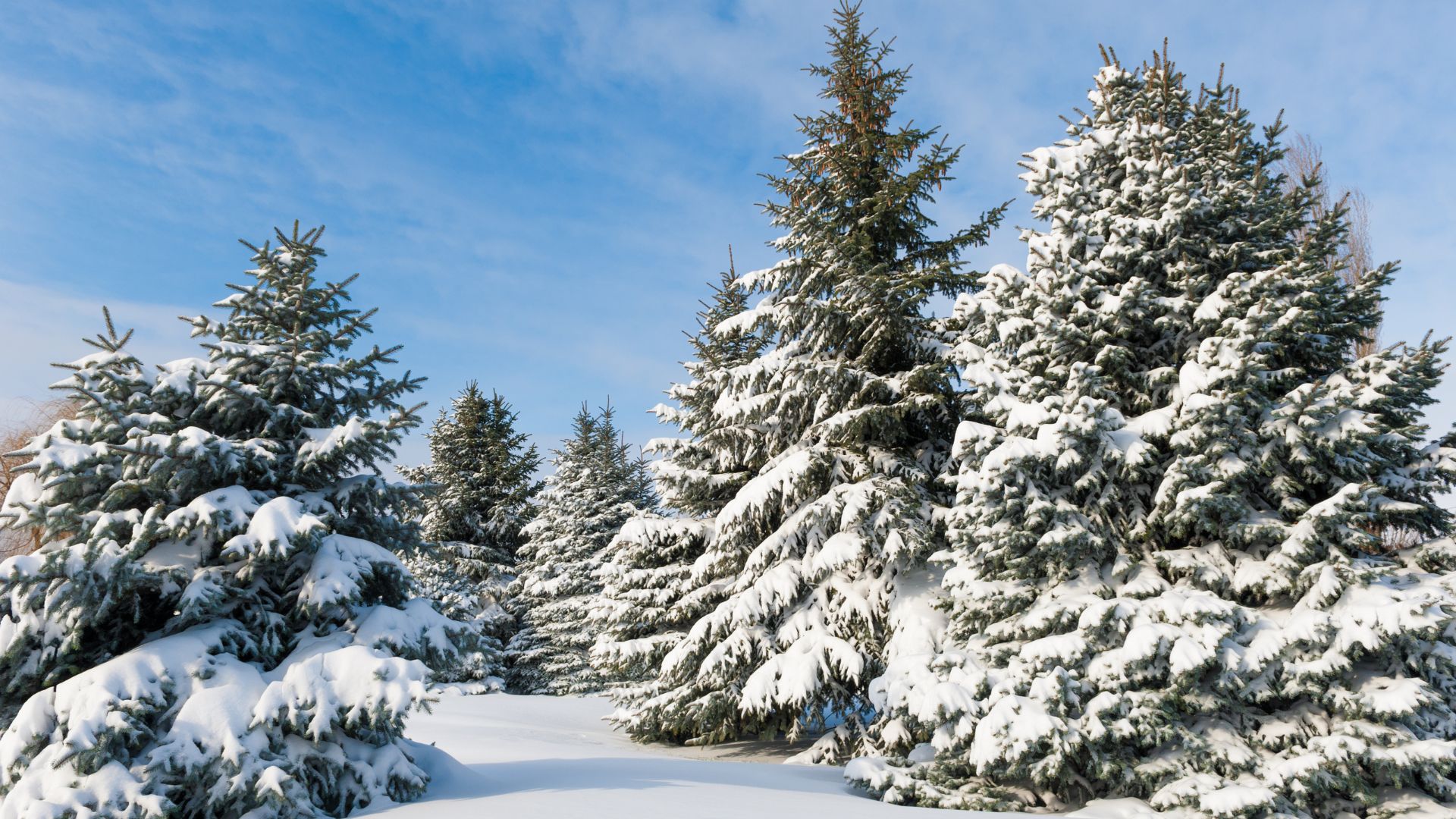
Rainy weather has its charm, but snow changes everything. Imagine the scene: it’s snowing, and each flake softly lands, adding to a blanket of white. People often call it a ‘winter wonderland,’ and it’s easy to see why.
Everything is covered in snow, and yes, it’s really cold. Phrases like ‘it’s freezing’ or ‘it’s bitterly cold’ are common because they really get the cold across. Describing snowy scenes, we capture not just the look, but also the quiet and stillness that snow brings. It’s like a visual and sensory feast that slows everything down.
- Snowflakes are drifting softly from the sky.
- The ground is blanketed in a layer of white.
- Snow is falling gently, covering everything in sight.
- The world is transformed into a winter wonderland.
- The air is crisp and filled with snowflakes.
- The snow is crunching underfoot.
- Snow is piling up on rooftops and trees.
- It’s a snowy day, perfect for building snowmen.
- The landscape is a serene sea of white.
- Snow is swirling in the chilly breeze.
- The ground sparkles with fresh snow.
- The sky is a cascade of falling snow.
- Everything is coated in a frosty layer of snow.
- Snowflakes are twinkling like tiny stars.
- The snow is thick and fluffy, perfect for a snowball fight.
- Snow is drifting and creating beautiful patterns.
- It’s a snowy wonderland outside.
- The world is hushed under a blanket of snow.
- Snow is falling in big, fluffy flakes.
- The air is filled with the magic of a snowy day.
Phrases for Windy Weather
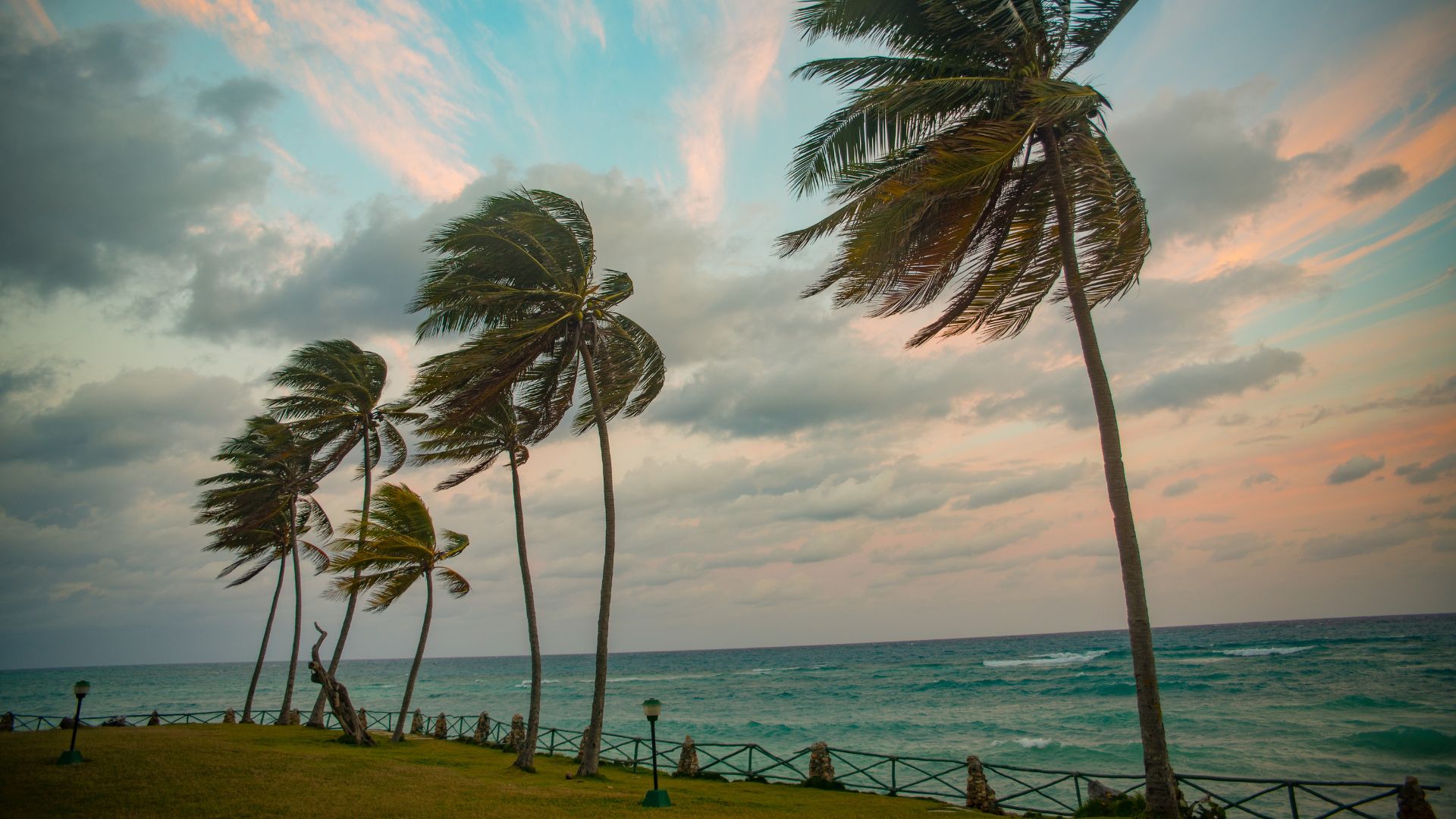
Windy weather changes things up. It brings strong gusts that make leaves swirl and trees dance. When the wind gets strong, you can hear it howl and feel the chill. People might say, ‘It’s blustery today,’ or, ‘The wind is really whipping around.’ These phrases show how powerful and unpredictable the wind can be.
- The wind is howling through the trees.
- Gusts of wind are rattling the windows.
- Leaves are swirling in the strong breeze.
- The wind is whipping through the streets.
- A brisk wind is chilling the air.
- The wind is bending the trees.
- Hair is flying in the blustery wind.
- The wind is roaring like a lion.
- Flags are flapping furiously in the wind.
- The wind is carrying whispers through the air.
- A fierce wind is sweeping across the landscape.
- The wind is tugging at coats and scarves.
- Dust is swirling in the gusty wind.
- The wind is relentless, never pausing.
- The air is filled with the sound of rustling leaves.
- The wind is pushing clouds across the sky.
- A strong wind is making everything sway.
- The wind is creating a symphony of sounds.
- The breeze is cool and invigorating.
- The wind is racing through open fields.
Also Check: Smart And Cool Ways To Say Goodbye In English
Phrases for Foggy Weather
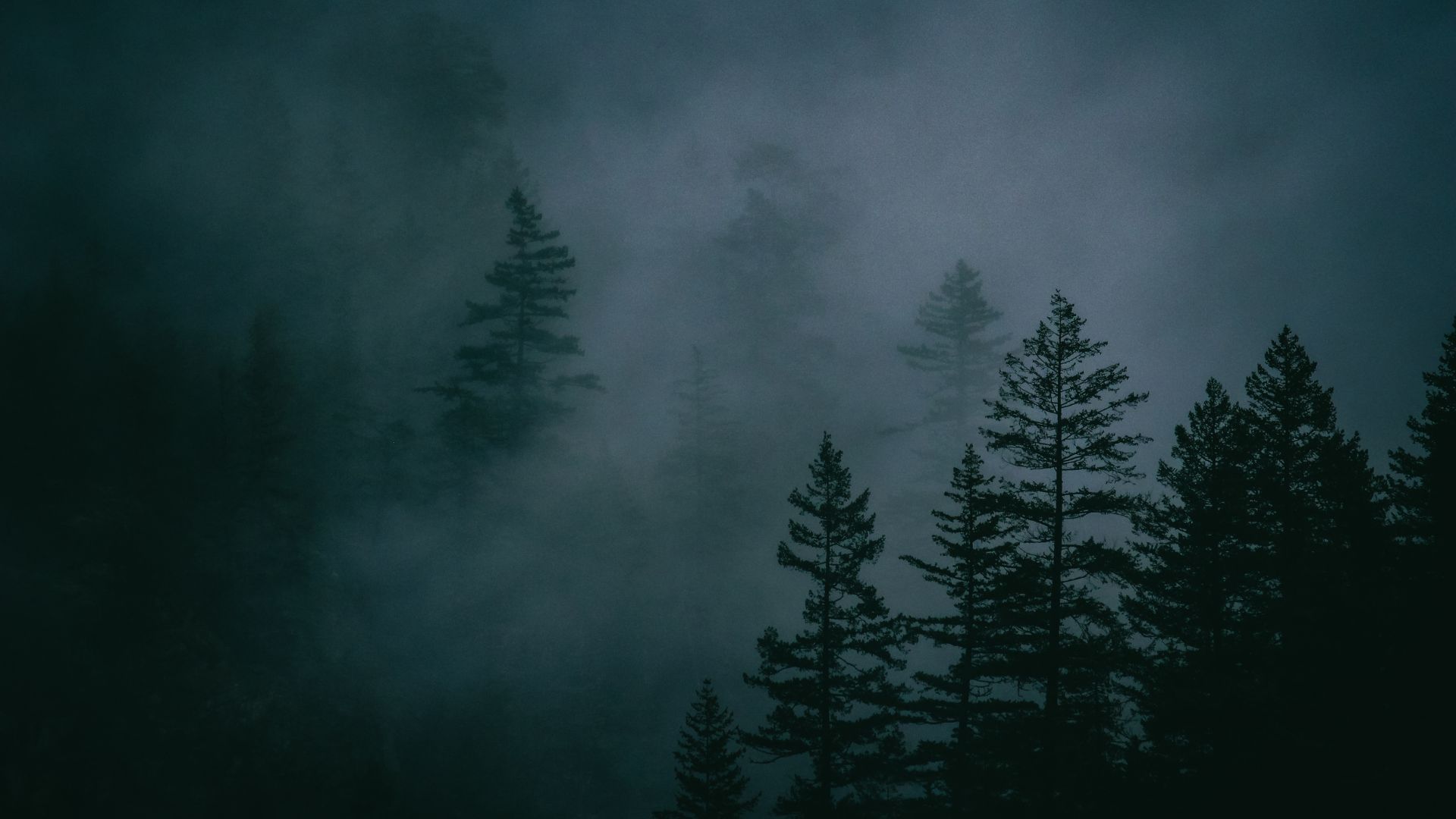
After discussing the strong effects of windy weather, let’s talk about fog. Fog is like a thick cloud sitting right on the ground. It makes it hard to see and even quiets sounds, giving everything a mysterious feel.
When it’s foggy, you might hear someone say, ‘It’s hard to see out here,’ or ‘I can barely see my hand in front of my face.’ These expressions show just how challenging it can be to navigate through fog. It turns everyday places into something out of a ghost story.
- The fog is thick, cloaking everything in a mysterious haze.
- Visibility is reduced to a few feet in the dense fog.
- The world is shrouded in a ghostly mist.
- The fog is swirling around, creating an eerie atmosphere.
- The landscape is veiled in a blanket of fog.
- The fog is creeping through the trees.
- A heavy fog hangs in the air, muffling sounds.
- The fog is rolling in, softening the edges of the world.
- The morning is enveloped in a silvery mist.
- The fog clings to the ground, making everything look surreal.
- The fog creates an ethereal scene, like a dream.
- Fog is settling over the fields, hiding the horizon.
- The streets are obscured by a thick fog.
- The fog adds a sense of mystery to the day.
- The fog is dense, making everything seem distant.
- A veil of fog drapes over the landscape.
- The fog creates a blanket of quiet over the city.
- The fog is so thick, it feels like walking through clouds.
- The air is heavy with moisture from the fog.
- The foggy weather makes everything look like a soft painting.
Extreme Weather Vocabulary in English
Types of Extreme Weather
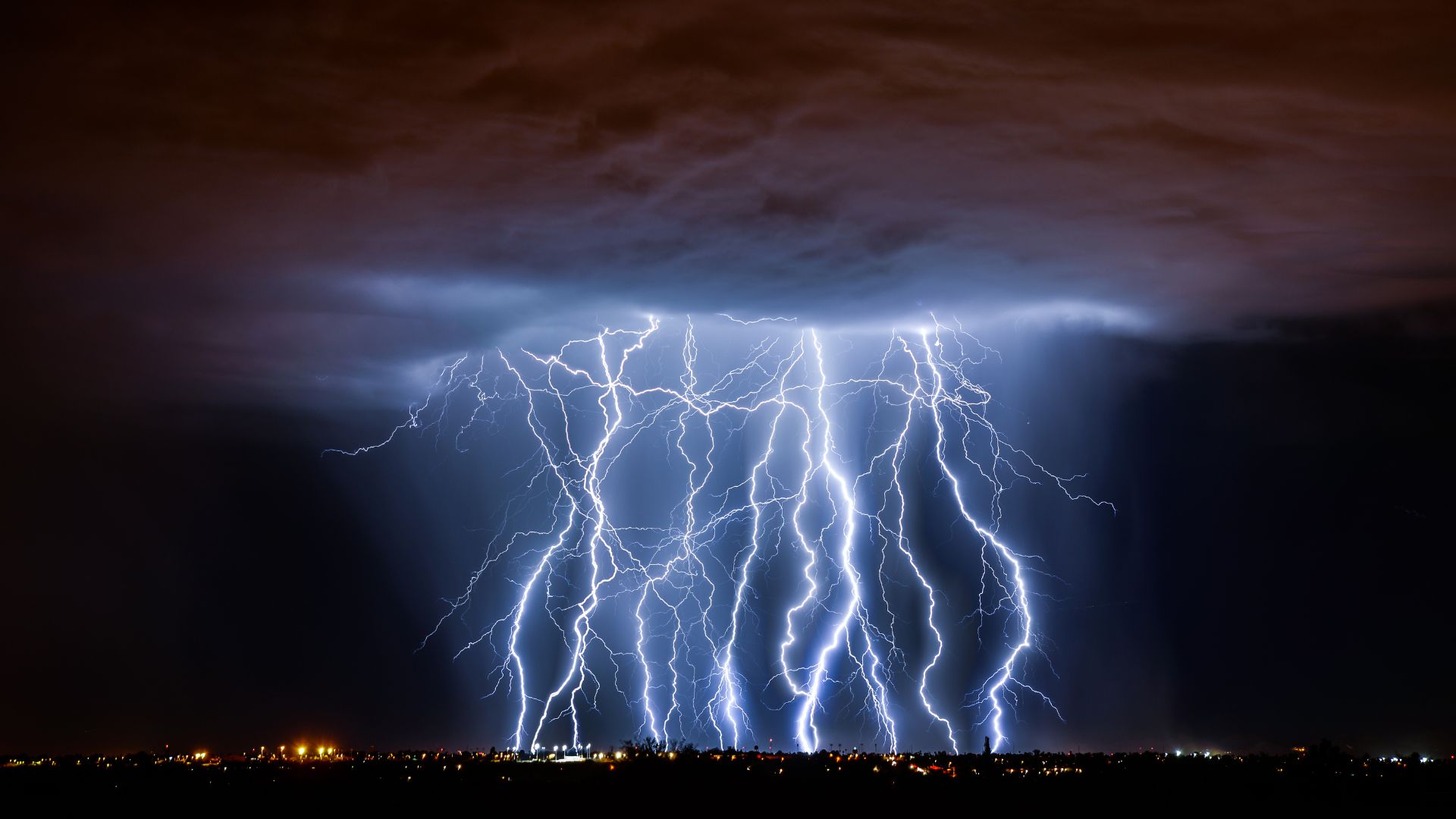
Knowing the different kinds of extreme weather helps us stay safe when conditions get tough. Extreme weather includes things like hurricanes, which are strong storms with heavy rain and winds. On the other end, cold snaps drop temperatures quickly, raising the chance of frostbite and hypothermia. Each type of weather demands we get ready in its own way.
| Number | Type of Extreme Weather | Brief Description |
| 1 | Hurricane | A very strong storm with heavy rain and wind |
| 2 | Tornado | Spinning wind that looks like a funnel |
| 3 | Blizzard | Heavy snow with strong winds |
| 4 | Heatwave | Many days of very hot weather |
| 5 | Drought | Long time with no rain |
| 6 | Flash flood | A sudden rush of water in a dry area |
| 7 | Thunderstorm | Storm with lightning and loud thunder |
| 8 | Hailstorm | Ice balls falling from the sky |
| 9 | Dust storm | Strong winds carrying lots of dust and sand |
| 10 | Ice storm | Freezing rain that covers everything in ice |
Weather-Related Idioms
Exploring weather-related idioms can make your everyday English better. Take ‘raining cats and dogs.’ It means it’s raining very hard. Then there’s ‘it’s a breeze.’ This phrase makes something sound easy, like a gentle wind.
When things get tough, we say ‘weathering the storm.’ It’s not just for actual storms but for any hard times. ‘Break the ice’ is another one. It started with ships in icy waters but now we use it when someone needs to start a conversation.
| Number | Idiom | Meaning |
| 1 | It’s raining cats and dogs | It’s raining very heavily |
| 2 | Under the weather | Feeling sick or unwell |
| 3 | Come rain or shine | No matter what happens |
| 4 | A storm in a teacup | A big fuss about a small problem |
| 5 | Every cloud has a silver lining | There’s something good in every bad situation |
| 6 | Saving for a rainy day | Saving money for future difficulties |
| 7 | Break the ice | Start a conversation or ease tension |
| 8 | As right as rain | Feeling perfectly fine |
| 9 | Steal someone’s thunder | Take credit for someone else’s work |
| 10 | Get wind of something | Hear a rumor about something |
Conclusion
In short, knowing different ways to talk about the weather in English helps us communicate better. We can describe both everyday weather and extreme conditions more clearly. This skill is not just good for chatting with others but also helps us understand people from different places better. It lets us talk about, respond to, and prepare for weather changes more effectively. This way, we become more aware and ready for any weather, whether it’s just a rainy day or a big storm. For more translation articles like this, keep visiting the Translation Blog regularly.

